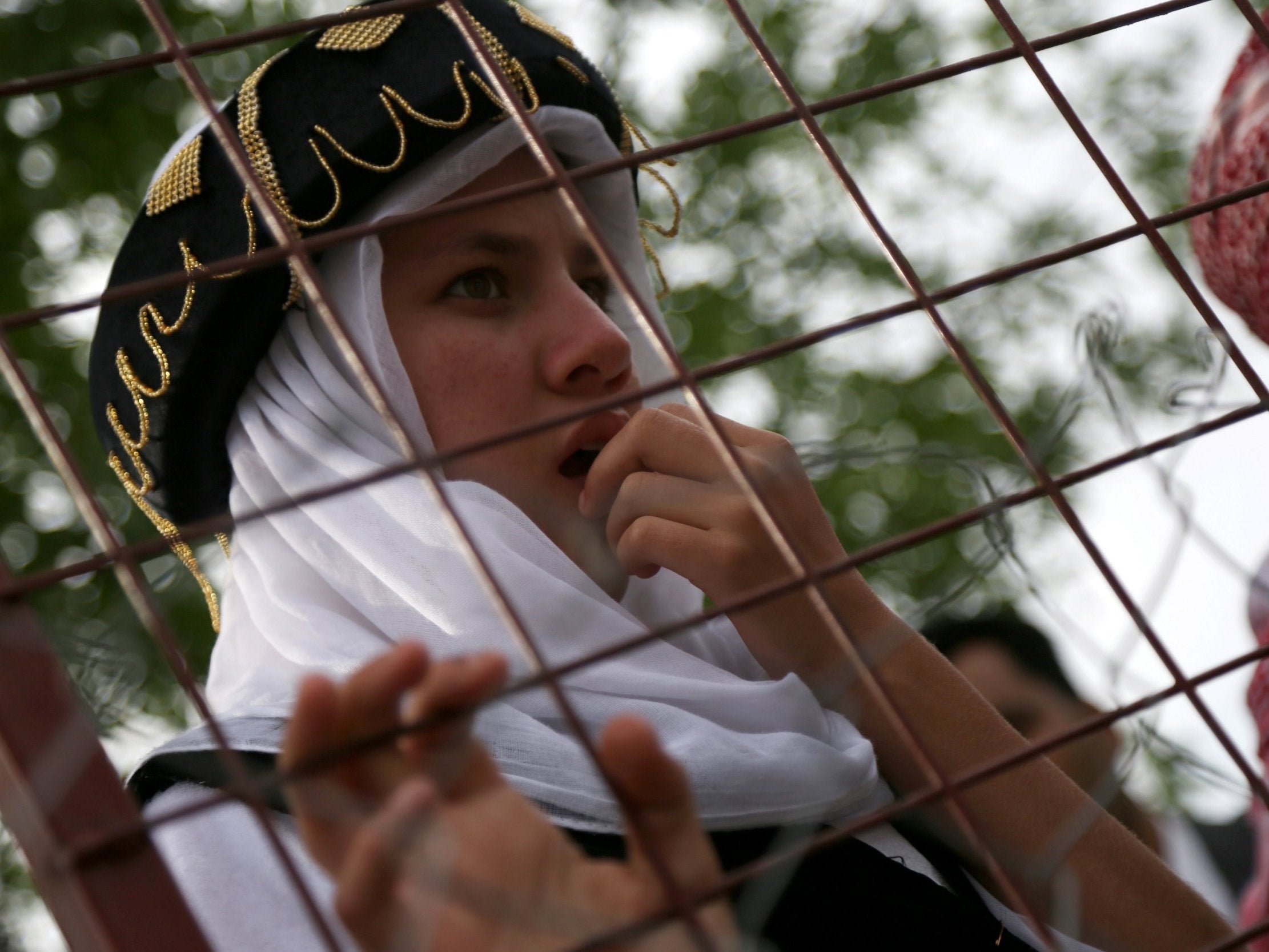After condemning the Yazidi genocide, how can the government then deny its victims asylum?
It is not enough to criticise the actions of Isis. The Home Office must actively support those who have been left in their wake – particularly those claiming asylum on UK soil

This Friday, 3 August, will mark the fourth anniversary of the Yazidi genocide, when Isis descended upon the Sinjar region of Iraq, home to hundreds of thousands of Yazidis, and systematically slaughtered and captured nearly all in their path. Thousands sought sanctuary in the mountains but those not lucky enough to escape were either murdered in their homes or taken captive.
The Yazidis, an ancient religious minority from northern Iraq are not strangers to persecution and have faced an estimated 72 genocides in their existence. Although they are often termed Christians they are somewhat distinct, worshipping a peacock angel called Melek Taus. Much of the prejudice they face comes through a misinterpretation of their beliefs as being “devil worshippers”.
An estimated 5,000 Yazidi men were killed and around 7,000 Yazidi women were sold to Isis fighters as sex slaves. There are still hundreds if not thousands of women still being held in captivity.
It is estimated that around 120,000 Yazidis have sought refuge in Europe since 2014.
Now some Yazidis in the UK are having their asylum denied. Yazda, an NGO which supports victims of the genocide, says that around 12 have currently been denied asylum in the UK and face potential deportation. Two of them, Majhor and Adel, face being returned to Iraq to cities where they still have legitimate concerns for their safety.
I’ve worked with this community and the potential deportation of Yazidis in the UK is deeply concerning.
I taught in a school on a refugee camp for Yazidis where we had to ban the word “Daesh”. Some children could not stop saying it, whilst others would hold their hands over their ears, unable to hear the name even mentioned. When we did an art class with them they would produce pictures of helicopters (helicopters were sent to drop supplies to besieged Yazidis on Mount Sinjar), boats on the sea and sometimes dead bodies on the street.
These were children no older than 12.
One adult would sit at the back of the school and watch videos on his phone of all the women he knew who had been captured.
Everyone I worked with had lost someone close to them be it a family member or a friend. Most told me that they could never imagine returning to Iraq after everything that had happened.
Currently the UK does not distinguish between Yazidis and other Iraqis in the asylum process, which is surprising considering the widespread condemnation of the Yazidi genocide in 2016 in a vote in the Commons. In 2016 a cross-party committee wrote to Amber Rudd, then home secretary, and Priti Patel, then international development secretary, asking for victims of the genocide to be included in the vulnerable person resettlement programme (VPR). This has generally not happened.
The community has a couple of powerful advocates in the form of Nadia Murad, who escaped from Isis captivity, and her lawyer Amal Clooney, who has vowed to bring Isis to justice and hold them to account in a court of law.
Voices like Murad’s and Clooney’s should not stand alone.
It is not enough to condemn a genocide. The UK government must actively support Yazidi victims and particularly those claiming asylum on UK soil.
Time and time again in the past few months we have seen the impact of hostile environment policies upon the most vulnerable in our society. It’s disappointing but unsurprising to see it in action once again.
In her speech last year urging the UN Security Council to investigate war crimes committed by Isis against Yazidis, Amal Clooney said: “If we do not change course, history will judge us, and there will be no excuse for our failure to act.”
This line could also be applied across the board to the UK’s shameful and inhumane immigration system.
If we are refusing to take in victims of a genocide then we have stooped lower than I could ever have imagined.
Join our commenting forum
Join thought-provoking conversations, follow other Independent readers and see their replies
Comments
Bookmark popover
Removed from bookmarks